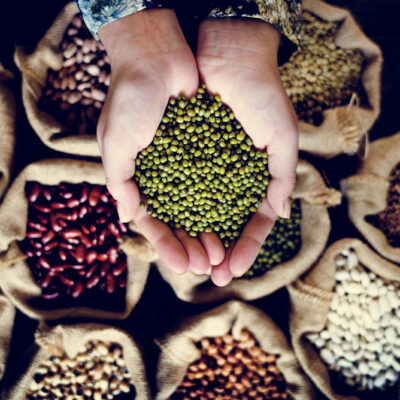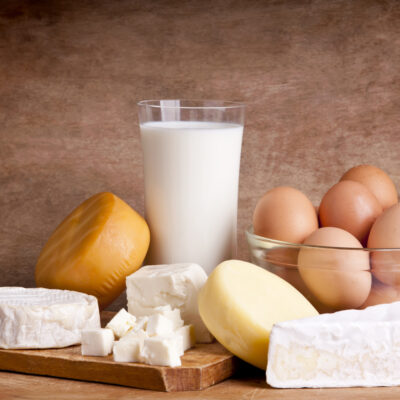
Health
Superfoods that Naturally Lower Cholesterol
There are many people out there in the world who think negatively about cholesterol. As much as they are justified, it is essential to note that this organic molecule aids digestion as well as in the production of vitamin D. However, understanding HDL (“good”) vs. LDL (“bad”) cholesterol makes the difference. If you have been diagnosed with excessive bad cholesterol, here are some foods that you can use to lower this molecule in your arteries: 1. Beans and legumes Legumes are a group of foods that are known as pulses, and they include lentils, peas, and beans, among others. These foods are rich in proteins, minerals, and fiber. Regular consumption of legumes in place of processed meats and refined grains helps in lowering cholesterol in the body. If you want to lower your weight and reduce the risk of heart disease, you have to make sure that you consume legumes consistently. 2. Avocados You might have a perception that avocados only contain fats. However, studies show that this is the most nutrient-dense fruit out there. They help lower cholesterol through the composition of fiber and monounsaturated fats that are not present in most of the fruits. Many studies have proved that avocados are not only essential in lowering bad cholesterol but also in weight loss and management of body fats.
Read More 












